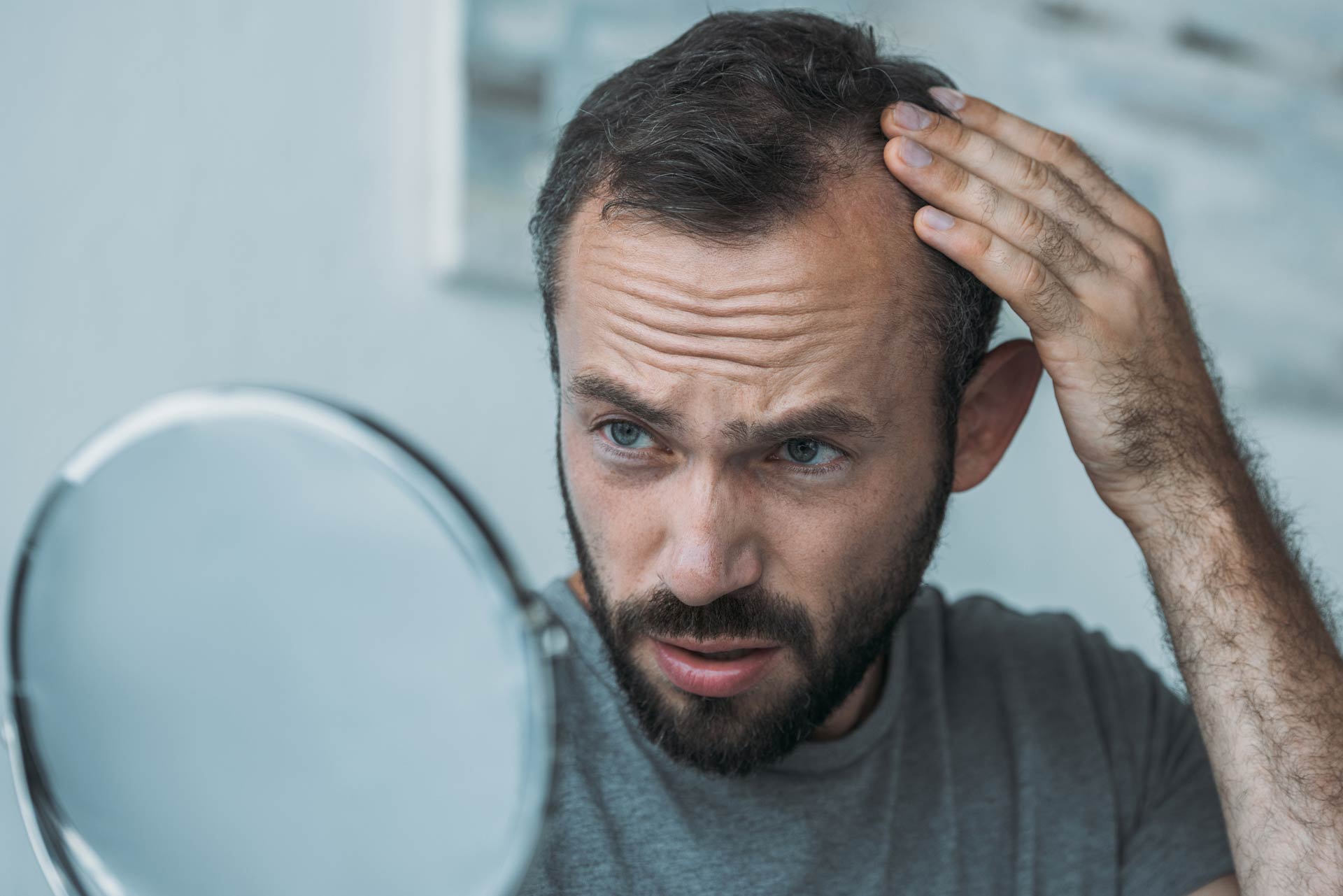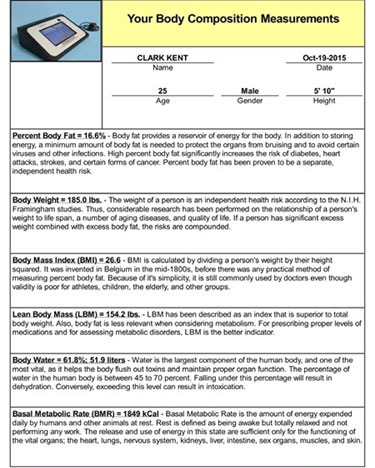Hair Loss In Men
Why are you losing your hair?
WHAT IS HAIR LOSS?
Hair is an important factor in both looking younger and feeling younger. There are many contributing factors that can cause hair loss, such as stress, illness, poor nutrition, low testosterone, and low HGH levels. For men who have experienced thinning hair or baldness, it’s important to find the root problem so you can find the most effective solution. Alopecia is the medical term for hair loss. The two major types are alopecia areata and alopecia effluvium. The least severe and most common type of hair loss is alopecia effluvium. In this case, your hair follicles become dormant and stop growing. Within a few months, these hairs fall out of your head. In the following 9 months, the hair does regrow, but it’s thinner now than before. Alopecia areata is when your follicles are attacked by your white blood cells, causing patches of hair to fall out. This is called balding, and although it may begin as thinning hair, the hair may not grow back.
HAIR LOSS AND TESTOSTERONE/HGH

Studies have shown that men’s hair loss and their deficiency in testosterone and HGH are closely related. Much like women do in menopause, men have a similar decline in their natural hormones. This decline can cause problems for many men, including lower libido, weight gain, hair loss, and other things. When testosterone and HGH levels are not optimized, it affects the ability of the scalp to produce and regenerate hair follicles. Testosterone, when it is not optimized, can cause a production of DHT (dihydrotestosterone). This DHT can shorten the growth cycle, cause hair to die and regress, thus causing baldness prematurely.
STRESS AND HAIR LOSS
Stress is often the result of not having balanced hormones. But stress also leads to the production of a hormone called cortisol. Cortisol can lead to hair loss as well as collagen depletion, insulin problems, bone density decline, and overall wellness problems. By lowering your overall stress levels and optimizing your depleted hormones, such as HGH or testosterone, you can reduce the amount of stress-related hair loss that occurs.

HAIR LOSS AND THYROID IMBALANCE

Studies have shown that often hair loss is a symptom of a thyroid issue. Thyroid issues are often due to hormone imbalances. If you notice your hair becoming more coarse, dry, or more easily tangled, it may be due to hormonal imbalances in your thyroid. This hair loss can occur on the head, face, and body, and can be treated through rebalancing hormones in the thyroid.
NUTRITION DEFICIENCIES AND HAIR LOSS
Eating the right foods for proper nutrition is an important factor in a healthy head of hair. This is why nutrition is an integral part of our hair restoration treatment at Oklahoma Men’s Clinic. When the body isn’t receiving the proper vitamins, minerals, and nutrients, it isn’t able to function properly. One of these functions includes growing hair. A lack of biotin, protein, and zinc, and excessive amounts of vitamin A and carotene have been linked to hair loss.

THE SOLUTION

